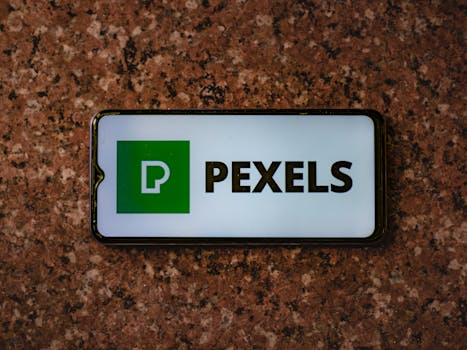Free Speech on Social Media: Platform Policies vs. First Amendment
In today’s digital age, social media has become a dominant force in our daily lives, offering us the ability to connect, share, and communicate with individuals all around the world. With such a vast and diverse user base, social media platforms have become a breeding ground for the free expression of ideas and opinions. However, with this newfound freedom comes the issue of regulating what is said and shared on social media – a controversial topic that has sparked a debate between platform policies and the First Amendment. In this article, we will dive deeper into the complexities of free speech on social media and explore the clash between the platform policies and the First Amendment.
The Rise of Social Media and Its Impact on Free Speech
As social media platforms gained momentum and became a significant part of our lives, they also became the primary source of information for many individuals. With the rise of user-generated content, opinions and ideas – both popular and controversial – began to spread like wildfire. This newfound freedom of expression gave individuals the opportunity to voice their opinions without any fear of censorship. However, this also led to the spread of misinformation and hate speech, raising concerns about the impact of free speech on social media.
The Role of Platform Policies
To tackle the issues of misinformation and hate speech, social media platforms have implemented various policies to regulate content posted on their platforms. These policies outline what type of content is allowed and what is not, making it easier for social media platforms to moderate the content being shared. For instance, platforms like Twitter and Facebook have specific provisions that prohibit hate speech, violence, and harassment. While these policies aim to maintain a safe and inclusive environment for users, they have also faced criticism for limiting free speech.
The First Amendment and Free Speech
The First Amendment of the U.S. Constitution protects the right to free speech, stating that “Congress shall make no law…abridging the freedom of speech, or of the press.” This amendment has been crucial in maintaining a democracy where individuals have the right to express their opinions freely without fear of government censorship. However, this right to free speech does not apply to private companies such as social media platforms. These platforms have the right to regulate content as they see fit, which may sometimes conflict with the principles of the First Amendment.
The Battle Between Platform Policies and the First Amendment
The clash between platform policies and the First Amendment has led to various legal battles, with individuals and interest groups challenging platform policies that they believe restrict free speech. In 2017, a Federal Court ruled that President Trump’s blocking of individuals on Twitter was a violation of the First Amendment, as it prevented individuals from participating in a public forum. This ruling emphasized the need for public officials to abide by the principles of the First Amendment while using social media as a public communication tool.
The Ongoing Debate
Despite the efforts of social media platforms to moderate content, concerns over the limitation of free speech continue to arise. This has led to an ongoing debate about who should be responsible for regulating speech on social media – the government or the platforms themselves. While some argue that platforms should have the power to regulate content to maintain a safe and inclusive environment, others believe that the government should not interfere with the free speech of individuals, even on social media platforms.
In Conclusion
The issue of free speech on social media is a complex and ongoing debate that raises questions about the role of social media platforms, the First Amendment, and the responsibility of regulating speech. While the policies of social media platforms aim to create a safe and inclusive environment for all users, they have also faced criticism for limiting free speech. Ultimately, finding a balance between platform policies and the First Amendment will continue to be a crucial aspect of ensuring the free flow of ideas and opinions on social media platforms.









